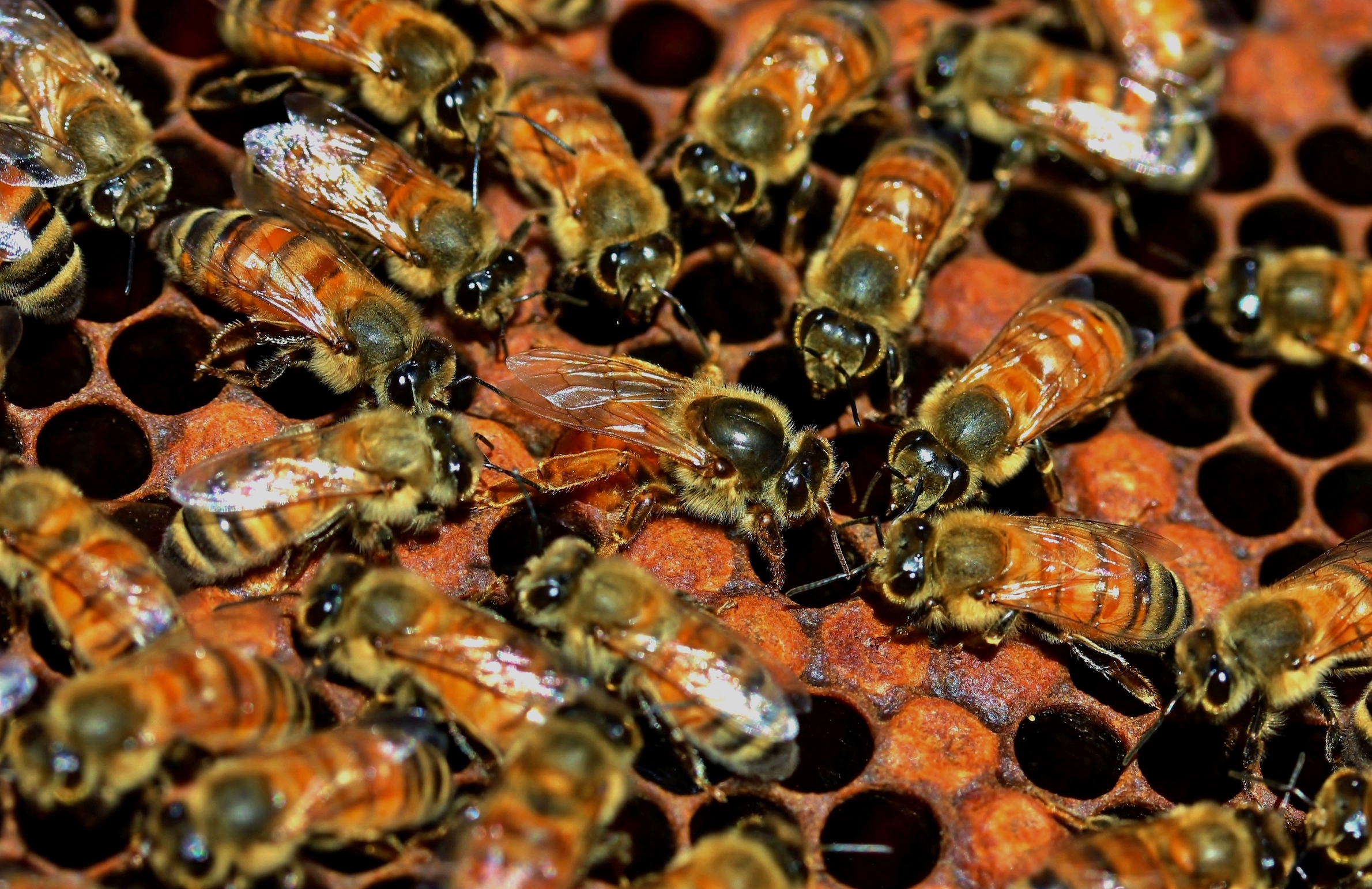
When the queen bee dies, how do worker bees choose her successor?
For honey bees, everything revolves around the queen, and for good reason. As the only fertile female in the entire colony, she is the mother of all the bees in the hive.
Worker bees, the sterile females, serve the colony any way they can and male drone bees mate with the queen.
But what happens to a caste system so central to its ruling monarch when the queen unexpectedly dies? How do drones and worker bees choose a new queen?
When a queen does die, it’s up to the worker bees to choose a group of larvae to raise as emergency queens, but researchers from North Carolina State University set out to see if the bees purposely choose larvae from their own subfamilies instead of royal larvae.
It would make sense that the bees would choose a larva from their own gene pool because of the natural preference many species have to protect and promote their own genes.
However, the results, published in the journal PLOS Biology, show that this selfish tendency is not present in honey bees and instead, the bees choose the royal larvae.
The researchers compared DNA from 92 workers and 85 emergency queens from six different colonies. Per colony, the researchers estimated 34 to 77 subfamilies, much more than previous research had found.
The emergency queens hailed from extremely rare subfamilies with very few members according to their DNA.
This led the researchers to conclude that in the event of the sudden death of their queen, the worker bees specifically choose larvae from royal subfamilies over their own close relatives.
However, considering how close-knit bees in a hive are, the researchers are not sure how worker bees are able to distinguish royal larvae from others.
“While many of the specific details and mechanisms are still to be determined,” said James Withrow, a lead author of the study. “At this point, we may safely conclude that, while inclusive fitness for nepotism may favor the individual level during emergency queen rearing, that advantage is profoundly overridden by opposing selective forces acting at multiple levels favoring cooperation and altruism.”
The results show that hive mentality overpowers selfish genetic interests.
“While we already knew that honey bee queens mate with a large number of drones to bring genetic diversity into their colonies, this study suggests that many of a queen’s mates are fathering only a tiny fraction of her total offspring,” said Withrow. “But workers are preferentially selecting members of these cryptic subfamilies for rearing into new queens.”
––
By Kay Vandette, Earth.com Staff Writer
Image Credit: Joseph Milone













